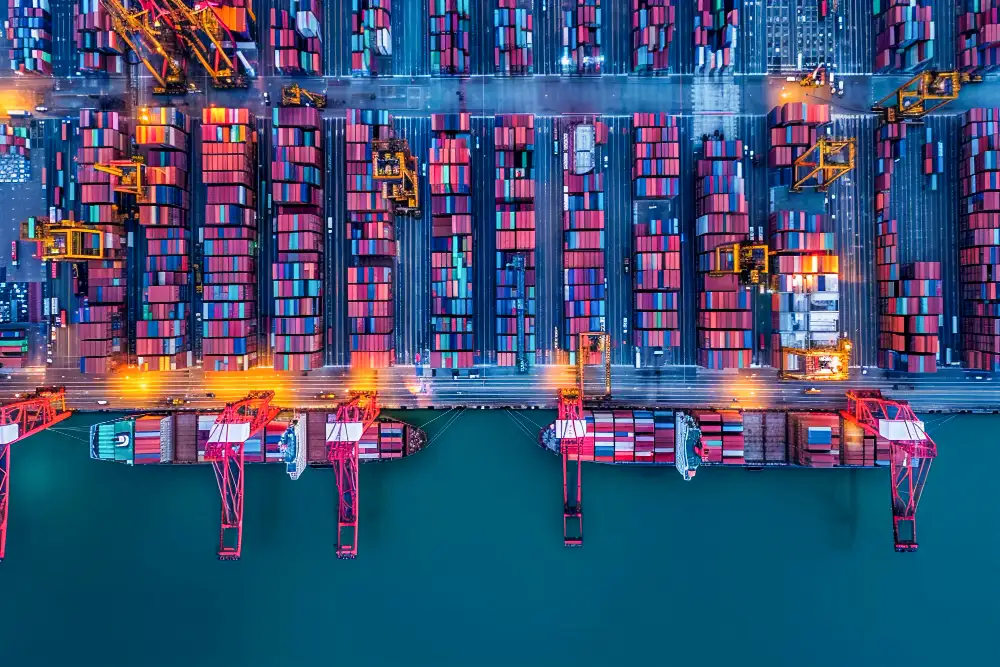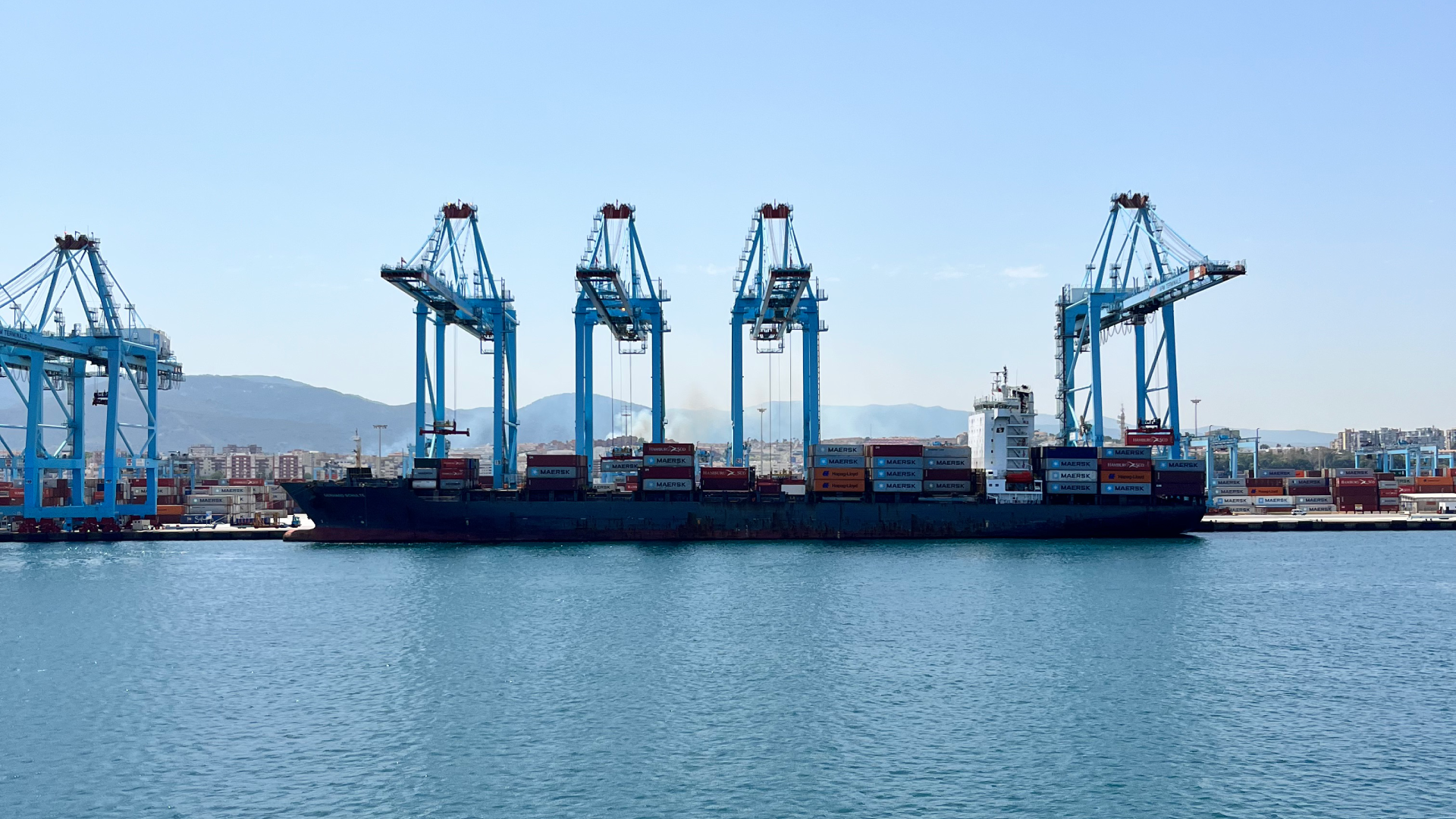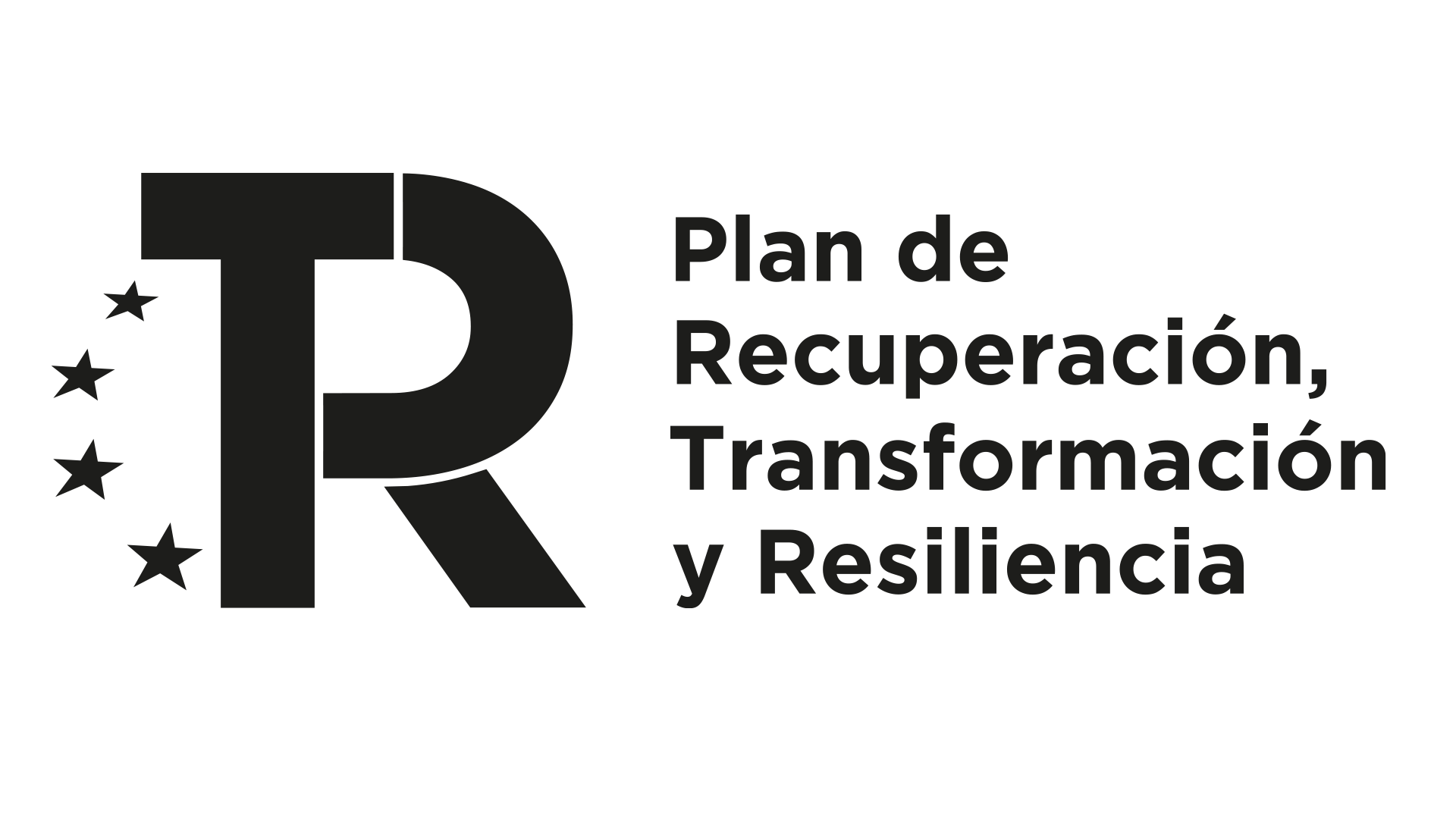VesselChain Unveiled at DES2024: A New Era for Maritime Logistics and Security
The DES2024 event in Malaga witnessed a groundbreaking development in the maritime logistics sector as Francisco took the stage at the Scale-UP World Summit to present the VesselChain project. This pioneering initiative, based on the Ignis blockchain, promises to revolutionize global shipping and maritime logistics, particularly in the context of enhancing security and compliance with international standards. The presentation of VesselChain has sparked significant interest, highlighting its potential to play a pivotal role in improving efficiency, transparency, and security in maritime operations. The buzz surrounding VesselChain indicates a promising future for both the project and the broader maritime logistics industry, especially concerning compliance with the international ship security certificate.
VesselChain and Its Impact on the Maritime Industry
The introduction of VesselChain at DES2024 marks a critical development in the ongoing evolution of maritime logistics and the industry’s approach to security. This innovative project is designed to improve the overall efficiency of global shipping networks by providing real-time insights into vessel performance and cargo status. In doing so, VesselChain aligns closely with the industry’s growing focus on digitalization and the pressing need to comply with international security regulations, such as the international ship security certificate.
The international ship security certificate is a fundamental requirement for vessels operating in international waters, ensuring that they meet the necessary security standards to safeguard against various threats. By integrating the Ignis blockchain, VesselChain not only enhances the transparency of maritime operations but also supports compliance with security regulations, including the international ship security certificate. This compliance is crucial for maintaining the safety and security of global shipping routes, which are vital to international trade.
How VesselChain Enhances Compliance and Security in Maritime Logistics
One of the standout features of VesselChain is its ability to track and monitor vessels in real-time, which directly contributes to the objectives of the international ship security certificate. This certificate mandates that vessels implement stringent security measures to protect against potential threats, such as piracy, smuggling, and terrorism. With VesselChain’s blockchain-powered technology, shipping companies can ensure that their vessels are continuously monitored, with all data securely stored and accessible to relevant authorities. This level of security is essential for maintaining compliance with the international ship security certificate.
The integration of VesselChain with existing maritime security frameworks ensures that vessels can meet the high standards required by the international ship security certificate. This not only enhances the security of the vessels themselves but also contributes to the overall safety of maritime logistics, which is increasingly under scrutiny in a globalized world. The ability to provide real-time data on vessel operations allows for proactive management of security protocols, ensuring that any potential risks are identified and mitigated before they can escalate into serious issues.
Moreover, VesselChain’s capacity to offer real-time insights into vessel performance and security status is a significant advancement in the field of maritime logistics. By enabling continuous monitoring and analysis, VesselChain supports the strict requirements of the international ship security certificate, ensuring that vessels remain compliant with international regulations at all times. This proactive approach to maritime security is crucial for maintaining the integrity of global shipping lanes, which are essential for the smooth functioning of the international supply chain.

The Broader Implications of VesselChain for Maritime Security and Efficiency
The unveiling of VesselChain at DES2024 is a clear indication that the maritime industry is on the cusp of significant transformation. As the industry continues to embrace digital technologies, the importance of maintaining compliance with security standards, such as the international ship security certificate, becomes increasingly apparent. VesselChain is positioned to be at the forefront of this transformation, offering a solution that not only enhances operational efficiency but also strengthens the security of maritime operations.
In addition to its security benefits, VesselChain’s blockchain technology also improves transparency in the supply chain. By providing an immutable record of all transactions and movements within the maritime logistics network, VesselChain ensures that all stakeholders have access to accurate and up-to-date information. This level of transparency is crucial for maintaining trust among international partners and ensuring that all operations comply with global standards, including those set by the international ship security certificate.
Furthermore, the real-time data provided by VesselChain can be used to optimize routes, reduce fuel consumption, and improve overall operational efficiency. These benefits extend beyond just compliance with the international ship security certificate; they also contribute to the broader goals of sustainability and cost-effectiveness in the maritime industry. By aligning with the objectives of the international ship security certificate, VesselChain not only ensures compliance but also enhances the competitiveness of shipping companies in the global market.
Conclusion
The presentation of VesselChain at DES2024 has generated considerable excitement within the maritime industry, and for good reason. This innovative project, based on the Ignis blockchain, offers a new approach to enhancing the efficiency, transparency, and security of global shipping operations. As the industry moves towards greater digitalization, solutions like VesselChain will be essential for maintaining compliance with important regulations, such as the international ship security certificate.
In conclusion, the future of maritime logistics looks bright with the introduction of VesselChain. By aligning with the goals of the international ship security certificate, VesselChain is set to make a significant impact on the industry, ensuring that global shipping remains secure, efficient, and transparent. The buzz generated at DES2024 is just the beginning, as VesselChain is poised to lead the way in the next generation of maritime logistics, setting new standards for security and operational excellence in an increasingly interconnected world.
Big news from #DES2024 in Malaga! 🔥
— Ignis (@IGNISguide) June 13, 2024
Yesterday, @Fran__Sarr rocked the stage at the Scale-UP! World Summit, pitching #VesselChain, the pioneering #Ignis-based maritime logistics and supply-chain project!
Exciting times ahead for the future of global shipping! 🌐⚓️ pic.twitter.com/T6EYQzHmti






